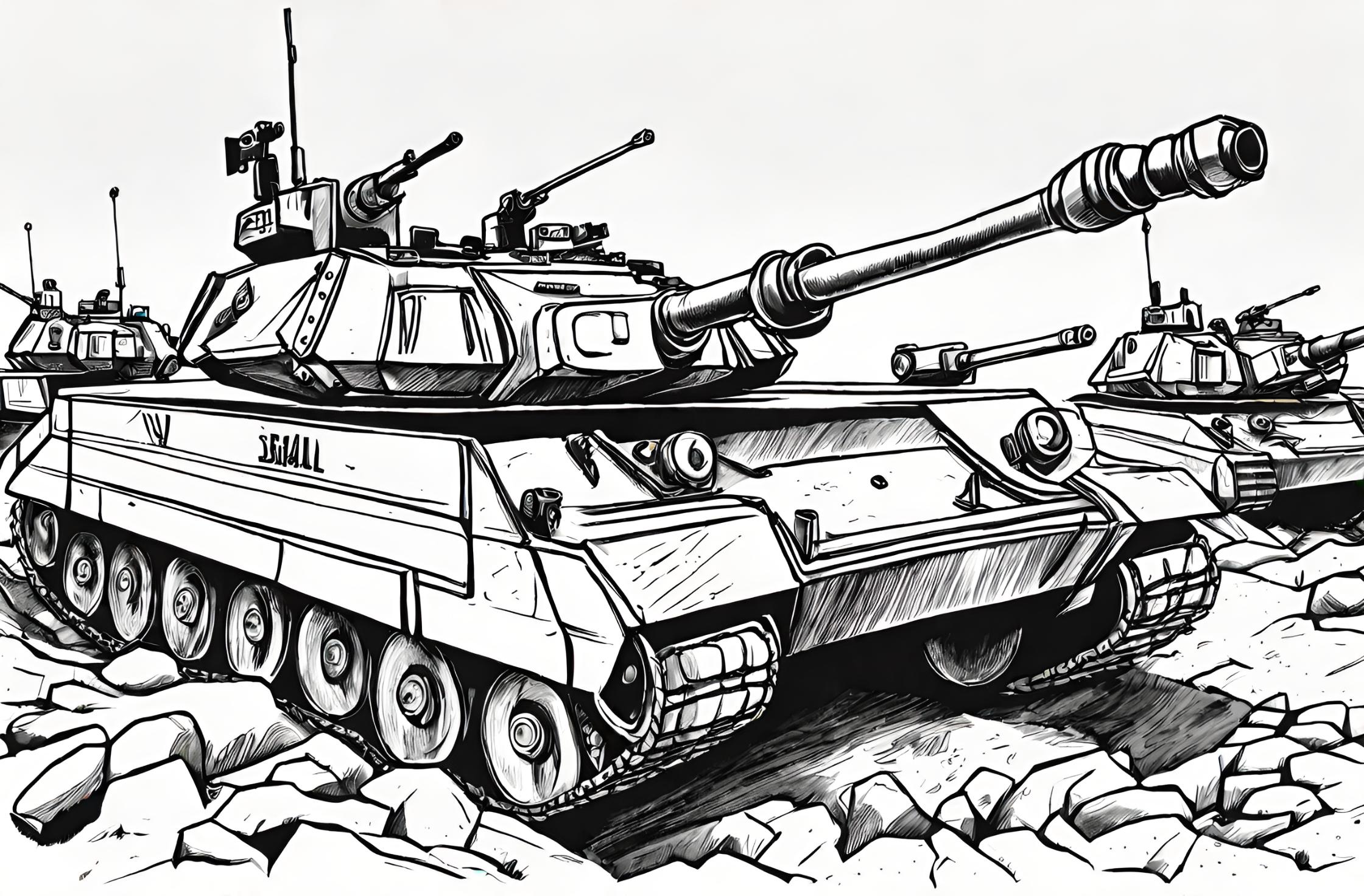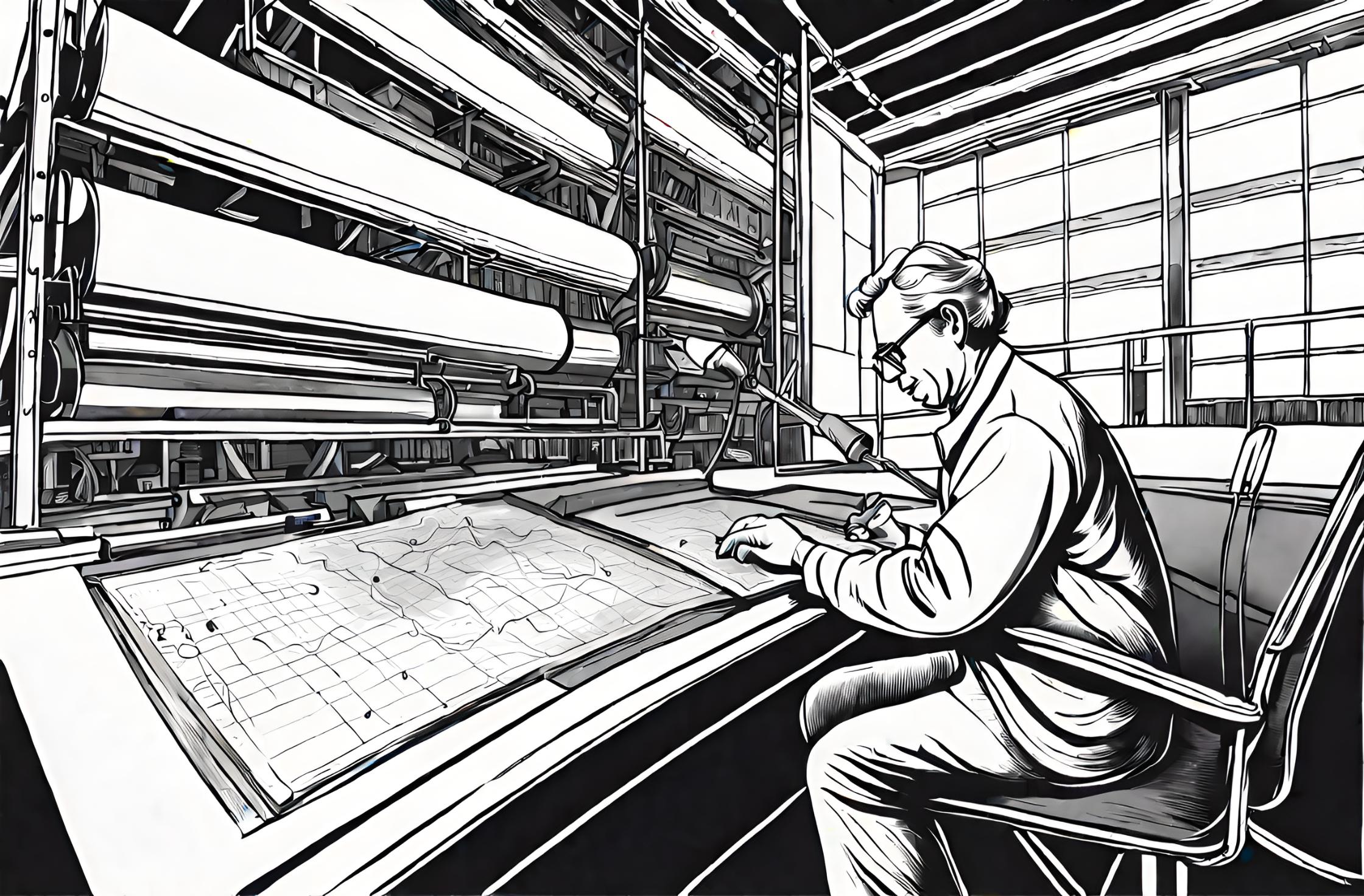Flashback to January 5
World History

2009
Israel launches a ground invasion of the Gaza Strip as the Gaza War enters its second week
Read moreOn January 3, 2009, a significant event took place as Israel launched a ground invasion of the Gaza Strip. This marked a critical escalation in the Gaza War, which had already been ongoing for a week. The event had far-reaching consequences for the region and the people involved. In this article, we will explore the details of this significant event and its impact.
The Gaza War, also known as Operation Cast Lead, was a conflict between Israel and Hamas, the Islamist militant group that controls the Gaza Strip. The war began on December 27, 2008, when Israel initiated a series of airstrikes on Gaza in response to continued rocket attacks by Hamas. These attacks had been targeting Israeli towns and cities near the Gaza border, causing significant damage and casualties.
As the Gaza War entered its second week, Israel decided to launch a ground invasion of the Gaza Strip. The decision came after a week of intense airstrikes and naval bombardment. The objective of the ground invasion was to destroy Hamas’ network of tunnels used for smuggling weapons and launching attacks on Israeli territory.
Israeli forces entered Gaza through various entry points and advanced through urban and rural areas, encountering fierce resistance from Hamas militants. The ground invasion marked a significant shift in the conflict, as it brought the fight directly to the streets and neighborhoods of the Gaza Strip.
The consequences of Israel’s ground invasion of the Gaza Strip were profound. The already dire humanitarian situation in Gaza further deteriorated as the fighting intensified. Civilians on both sides suffered heavily, with reports of casualties and extensive damage to infrastructure. According to the United Nations, over 1,300 Palestinians were killed during the Gaza War, including many civilians. On the Israeli side, 13 civilians and 10 soldiers lost their lives.
The international community witnessed the events unfold with growing concern. Calls for an immediate ceasefire and diplomatic solutions grew louder. The United Nations, regional organizations, and world leaders made efforts to broker a truce between the two warring parties. These diplomatic efforts led to a ceasefire on January 18, 2009, ending the Gaza War.
However, the ceasefire did not bring a long-lasting solution to the underlying issues and grievances that led to the conflict. The Gaza Strip remained under blockade, restricting the movement of goods and people, leading to ongoing humanitarian challenges. The situation has since continued to be volatile, with regular outbreaks of violence between Israel and various armed groups in Gaza.
The 2009 ground invasion of the Gaza Strip by Israel remains a significant event in the history of the Israeli-Palestinian conflict. It had a profound impact on the lives of people in Gaza and Israel and highlighted the complexities and challenges in reaching a peaceful resolution to the conflict.
the ground invasion of the Gaza Strip by Israel during the Gaza War in January 2009 was marked as a critical turning point in the conflict. The event had severe consequences for civilians on both sides and drew international attention to the ongoing Israeli-Palestinian conflict. While a temporary ceasefire was eventually achieved, the underlying issues remain unresolved, emphasizing the urgent need for a lasting solution and peace in the region.
We strive for accuracy. If you see something that doesn't look right, click here to contact us!
Sponsored Content

German physicist Walter Oelert…
On January 5th, 1996,…

Cornelis van Dis, Dutch…
Cornelis van Dis, a…

Louis XV of France…
On 1/5/1757, Louis XV…

Edward de Belijder the…
On January 5, 1066,…

Austria-Hungary offensive against Montenegro.
Learn about the Austria-Hungary…

Prussian King Frederik Willem…
On 1/5/1717, Prussian King…

